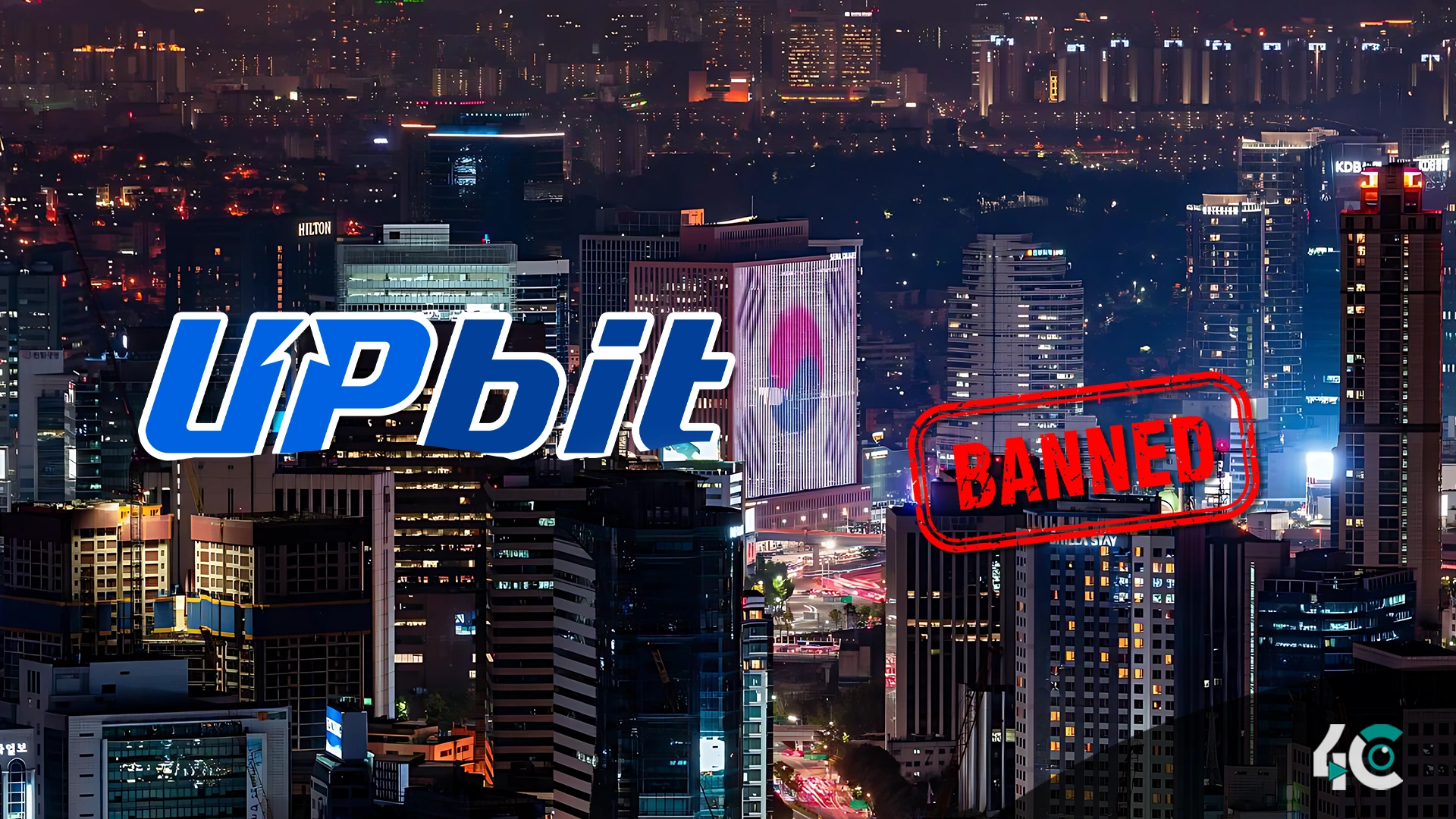A Korean court has temporarily lifted restrictions on Upbit, allowing the exchange to accept new clients again. The decision marks a significant turn in the ongoing regulatory challenges faced by South Korea’s crypto sector.
Upbit’s Reaction to Regulatory Ban
The FIU banned Upbit on February 25 for supposedly violating regulations prohibiting dealing with unlicensed Virtual Asset Service Providers (VASPs). Newly enrolled users could not deposit and withdraw because of such suspension, which greatly affected the exchange.
Dunamu contested the decision and sued the FIU, alleging excessive penalties. The company seeks a stay order to prevent the ban from being enforced until the court issues a final decision. On March 27, the court granted the injunction, delaying the implementation of the suspension until 30 days after the main decision.
Increased Regulatory Scrutiny.
Upbit has been under regulatory watch since October 10, when the FSC started looking into anti-monopoly concerns. Regulators voiced worries about potential Know Your Customer (KYC) violations required by South Korea as a core part of cryptocurrency regulations.
The FIU said on November 15 that Upbit had 500,000 to 500,000 to 600,000 KYC infractions. The investigators also discovered it was running over 45,000 transactions with unregistered foreign cryptocurrency exchanges, breaching the Act on Reporting and Using Specified Financial Transaction Information.
South Korea has banned all anonymous transactions since 2018. Despite the repetition of the procedure, the nation’s government has enforced strict regulations on cryptocurrency trading. The nation, in reality, is KYCing all active Bitcoin traders.
Wider Crackdown on Overseas Crypto Transactions.
Particularly for foreign crypto transactions, the South Korean government has increased regulatory intensity dramatically. Regulations implemented on 25th October 2024 by authorities let them record foreign commercial crypto transactions. These policies seek to stop tax fraud and fund wrongdoing.
The FIU asked Google to delete 17 crypto exchange apps from South Korea’s Google Play Store as part of its initiatives. Authorities are also seeking more actions, including restricting access via Internet platforms and Apple’s App Store.
Industry Consequences.
As it develops, Upbit and the FIU’s court ruling will affect South Korea’s cryptocurrency industry in the long run. The cryptocurrency exchange in question and its competitors have come under increased scrutiny, even though Upbit may have won in the short term.
The scenario emphasizes the challenges digital asset firms in South Korea face operating under rigorous compliance and rules. Upbit’s ability to attract new clients currently provides a short break; the court’s last decision will have more far-reaching effects.










































